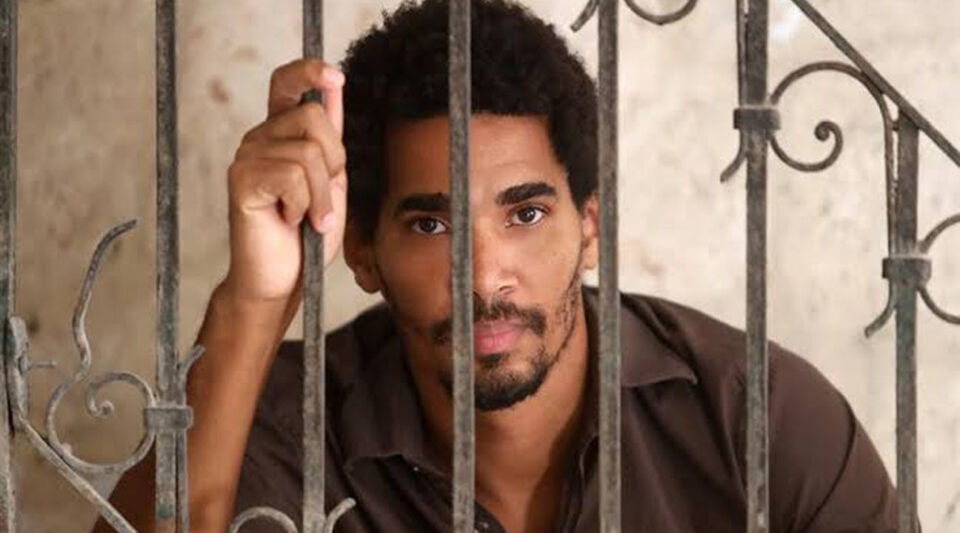The 2022 It is looming as a year in which the economy will normalize its growth, but will face challenges such as inflation, unemployment, elections and another variant of covid. Despite this, for him Minister of Finance, José Manuel Restrepo, This will be the year in which what was lost will be recovered, and Colombia will grow as if it had not been hit by the pandemic.
(See: How the economies of Latin America closed 2021).
What are the economic challenges for 2022?
The first challenge is reactivation and growth. Closing 2021 with growth close to double digits, estimated at 9.7%, fills us with hope about what 2022 will be like and we anticipate a rate higher than 4.3%. What is significant and the most important challenge is that, with this estimated rate, Colombia would achieve, by the end of 2022, a GDP level as if there had been no pandemic in the country.
The second challenge is to give heart to that growth, to work on employment and the income of families. The purpose is that in 2022 the benefits of the Social Investment Law will be completed. And there is also green and social financing, in 2021 we issued the first green bonds and this year we are going to issue social bonds, which seek to help finance projects in social matters. The last challenge is to advance in the modernization of the financial system to have more inclusion.
With 2022 that moderates GDP, what do you expect for employment?
85% of the jobs lost in the pandemic have already been recovered, that is, 5 million jobs have been recovered. It is necessary to advance in 700,000 or 800,000 additional jobs to return to the employment levels we had before the pandemic.
For that purpose there are two ways. One, the growth of 2021 and 2022, there is an important source of job creation, and second, direct incentives, where the State covers up to 100% of social security costs to link young people or 50% to link adults. These instruments are very important to generate employment quickly. There is the payroll subsidy for 2021 and that in 2022 ends turning resources, and the jobs derived from Compromiso por Colombia, the economic reactivation program with an emphasis on three sources of employment: clean growth and energy projects, infrastructure and housing.
(See: Sectors with more companies in the Colombian Insolvency Law).
José Manuel Restrepo, Minister of Finance.
2021 closed with high inflation, what strategy is being implemented to mitigate it?
The first thing is to identify the source of the inflationary phenomenon. At the time, the roadblocks generated a temporary impact, but the bulk of the reasons for the increase in prices has been problems in international supply chains. From the board of directors of Banco de la República, we have been doing the task of reacting with a first instrument, which is the monetary normalization policy, which will continue in 2022.
MinComercio has also been leading a process to reduce the import duty on goods and supplies and capital goods to zero to reduce costs in some sectors; and from the Treasury we lead the review of the items of costs, charges, penalties, fines or fees that were indexed to the minimum wage to de-index them from that increase and update it to Tax Value Units (UVT). And a decision was made to increase the minimum wage, which seeks that workers do not lose purchasing power due to this price increase.
(See: How much was the real increase of the minimum after inflation of 5.62%).
The Issuer’s manager said that raising the minimum could affect inflation, what do you think?
The increase in the minimum wage responds to a solidary purpose at an atypical moment where atypical responses are required. We cannot be indifferent to the working class, those most affected by the increase in prices are the lower and working classes. Already 87% of the rates and charges tied to the minimum were de-indexed through circulars, decrees and regulations, and the purpose is to avoid this impact.
How much can the elections impact the macroeconomic management of the country?
Uncertainty always exists in the election year, but we have to minimize it. That is why I have called for institutions to continue to be the protagonists in this political debate, such as the Banco de la República or the fiscal rule, and regardless of the policies, colors or ideologies, this debate contributes to strengthening principles that we have had as democracy and as an economic system: freedom of business, of the market, respect and defense of private property and support for productive dynamics.
How is Colombia doing in fiscal matters for 2022?
In 2021 we achieved something that we did not have planned in the Fiscal Framework: reduce the fiscal deficit by one percentage point, close to $ 11 trillion, and we also managed to reduce the level of public debt by 3 percentage points of GDP, which is very significant, since It will allow closing the figures for 2021 not with 65% in debt, but 62%. Having said that, in 2022 we are about to present the financial plan that will have the estimates of the Colombian economy, including the fiscal issue, which with the commitment as we have today is a deficit of 7%.
(See: Returning to the office: a thermometer of economic reactivation).
What clouds could come in 2022?
The most important challenge is the impact that new variants of covid may have on our economy, such as omicron, and the only answer is to continue taking care of ourselves and applying the vaccine.
Duque has 8 months left, what balance would he make of the economy that they hand over to the next government?
It is a balance that must be done in two stages. At the end of 2019, Colombia had the best growth result of the last five years, the best fiscal deficit result in eight years, primary fiscal surplus, and had managed to stabilize public debt at 50%. We came with the highest growth in domestic trade in our country, and the best result in the history of Colombia in tourism and the highest growth in attracting foreign direct investment.
There comes an atypical moment, the worst shock in the economic history of the country: the covid-19, and that changes the perspective. What comes there is a second time, Colombia has carried out one of the most successful strategies of economic reactivation, a counter-cyclical policy in fiscal matters and one of economic recovery called Compromiso por Colombia, which managed to change the difficult scenario left by the covid, to the point that at the end of 2021 we managed to get The Economist to highlight our economy as the one that is most advanced in recovering from normalcy in the world among 115 countries.
LAURA LUCÍA BECERRA ELEJALDE
Portfolio Journalist








